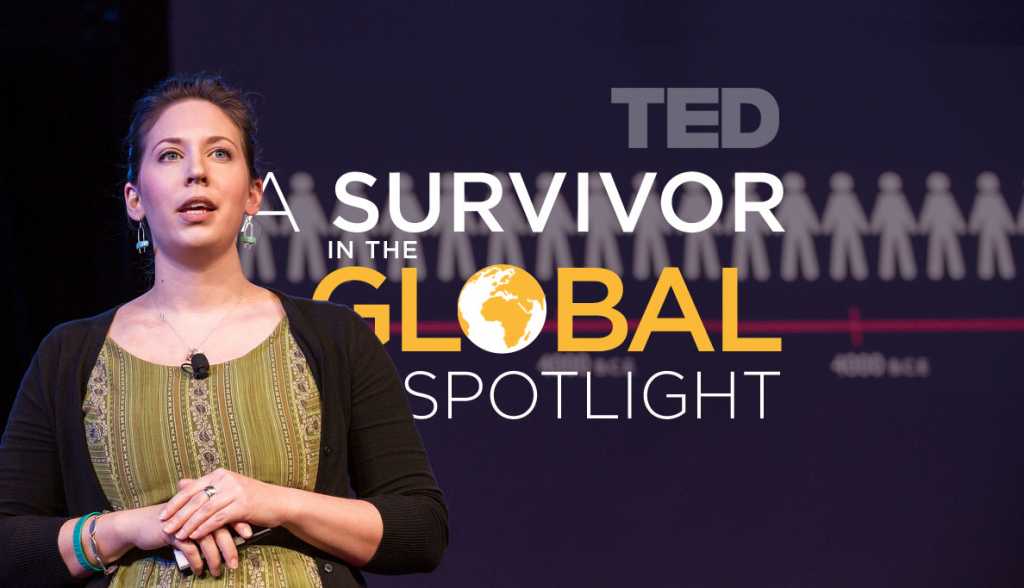Page 89 • (915 results in 0.135 seconds)
-
Justice Economics English French & Francophone Studies Gender, Sexuality and Race Studies Global Studies Hispanic & Latino Studies History Holocaust & Genocide Studies Individualized Majors Languages and Literatures Master of Fine Arts Native American & Indigenous Studies Philosophy Political Science Publishing & Printing Arts Religion Sociology STEM Education Minor College of Natural Sciences Biology Chemistry Computer Science Dual Degree Engineering Earth Science Environmental Studies Geosciences
-
maximize student learning outcomes for students. Robbins is a science education consultant and adjunct lecturer (University of Washington, Western Washington University, Central Washington University) in the Puget Sound Region. Robbins has a background as a lab technician with a degree in molecular biology and extensive experience in many levels of the education system. He has worked as a classroom teacher, regional science coordinator, district office science coordinator, supervisor of student interns
-
specific title designated by the academic unit. (1 to 4) MATH 389 : Special Topics in Mathematics To provide undergraduate students with new, one-time, and developing courses not yet available in the regular curriculum. The title will be listed on the student term-based record as ST: followed by the specific title designated by the academic unit. (1 to 4) MATH 422 : Mathematical Modeling This course introduces students to mathematical modeling of various problems in biology, environmental science, and
-
By:Kari Plog '11 January 31, 2017 0 Antarctica https://www.plu.edu/resolute/winter-2017/wp-content/u
-
ethical practices relating to biology. Utilitarianism is a controversial ethical view in environmental groups due to its association as an anthropocentric focus. I discuss a counterpoint presented by Peter Singer that utilitarianism can and should be extended to non-human animals, and then hypothesize as to what an ethical solution under this utilitarian view would be. An overarching question I engage with is what value non-humans should hold. I conclude that Indigenous People and salmon suffer
-
distinctive cultures emerge. 200-Level courses You’ll choose a total of four 200-level courses to taken during your 2nd and 3rd year. These classes are not organized around learning one way of seeing many problems (which is what you do when you take a class in a conventional academic department, like economics, political science, biology, etc.), but which instead use many ways to analyze one theme or problem. IHON 253: Gender, Sexuality, and CultureUses multicultural, international, and feminist
-

. Referencing Octavia’s Brood, an anthology by the writers and organizers Walidah Imarisha and adrienne maree brown, she concluded, “All change is science fiction.”Emmanuel GonzalezMajor: Biology, with a minor in Chemistry Hometown: El Centro, CA Selected accomplishments: Graduation Honors (cum laude); Plant Genome Research Program summer research internship, Boyce Thompson Institute, Cornell University; student worker, Quigg Greenhouse Post-graduation plans: Attending an interdisciplinary PhD program in
-
Justice This project is a sociologically centered project using qualitative data to study the ways in which gay men's distribution of emotion work and distress transmission act as markers for the gender differences in romantic relationships. 9:30 am | Session I, AUC Regency - Poster Session IFaculty Moderator: Ann Auman, Biology/College of Natural Sciences Faculty Mentor: Neal Yakelis, Chemistry Student(s)Presentation Camilee M. Boland; Audrey M. Borloz; Jordan R. VanniUtilizing an azo dienophile for
-
Scholarship Award, Rachid was a highly accomplished mathematician interested in the fields of delay differential equations, mathematical biology, dynamical systems, and bifurcation theory. Citing his textbook about differential equations (in French) and his vast number of published papers in well-respected journals, his colleagues in mathematics describe him as one of the most active scholars in the department. He earned a doctoral degree, diploma of in-depth studies, and a master’s degree in mathematics
-

that’s virtually nonexistent. After graduation, Hunt moved on to graduate school at Durham University in England, where she earned a master’s of science after blending her PLU degrees—and her life experience—into the emerging field of paleopathology: the study of disease, health, trauma and diet in human biology in ancient societies. “I want to look at evidence of cancer in archaeological remains and add to a dataset that’s virtually nonexistent,” Hunt said. “At that point I wouldn’t have even called
Do you have any feedback for us? If so, feel free to use our Feedback Form.


